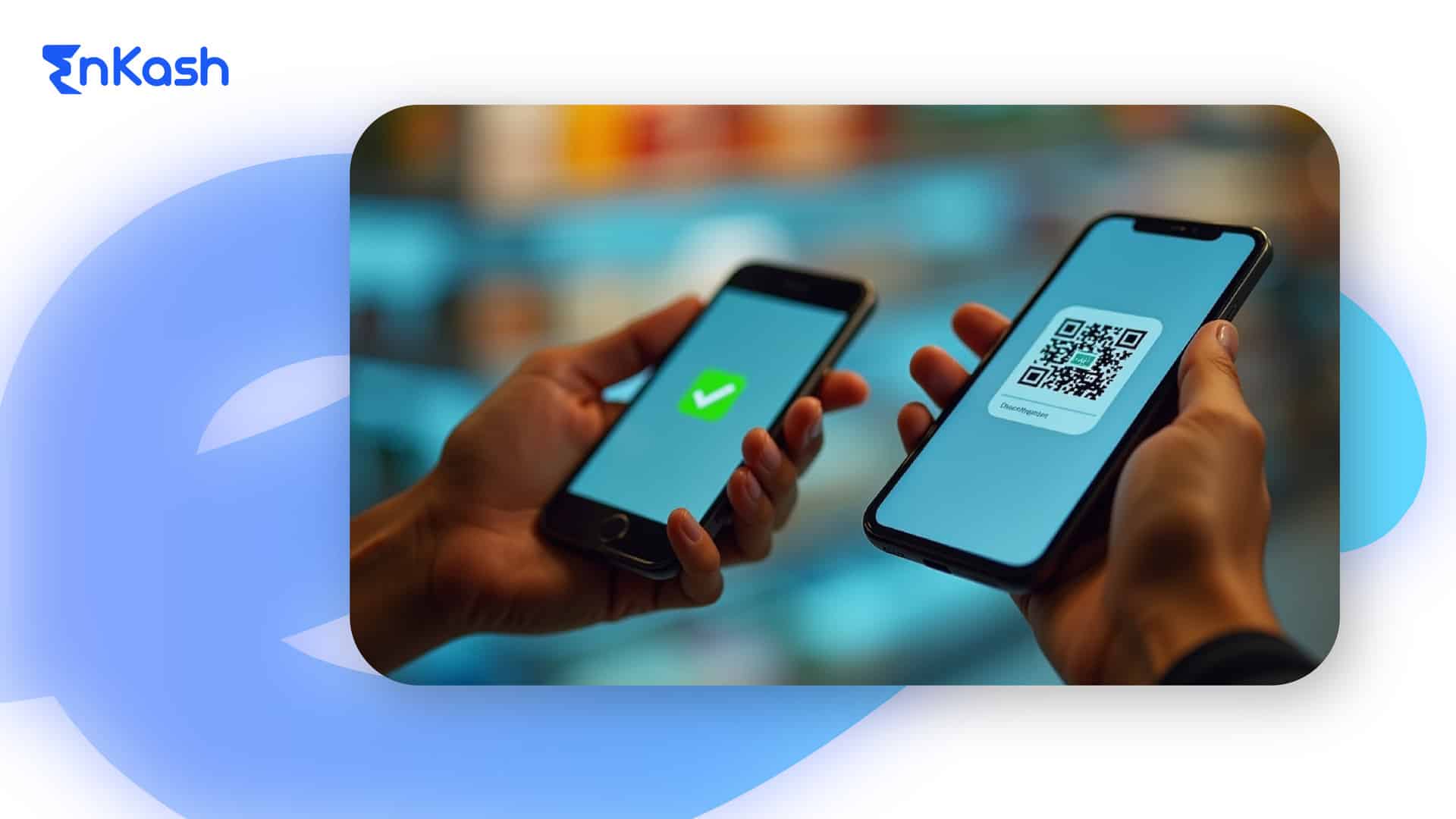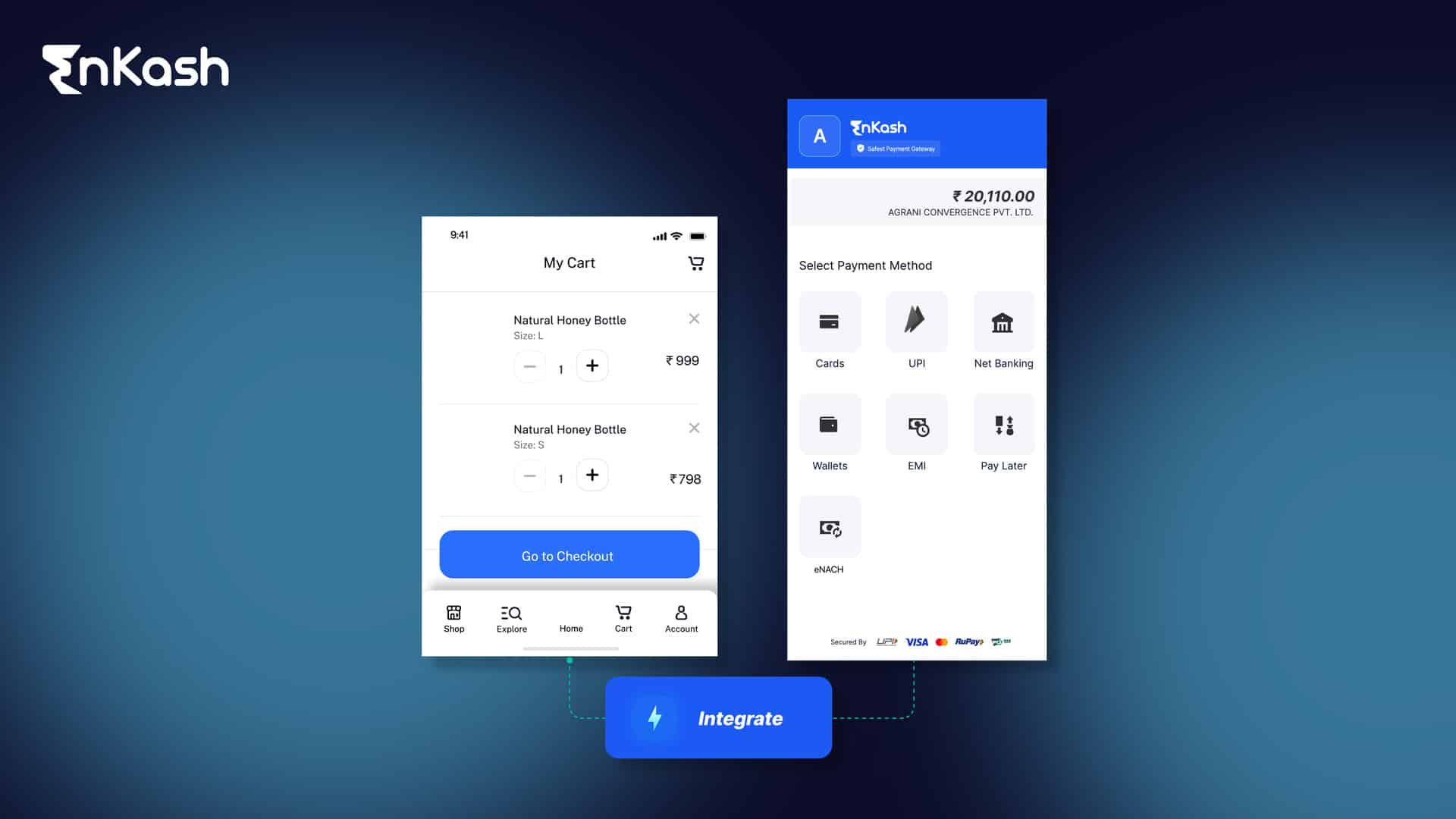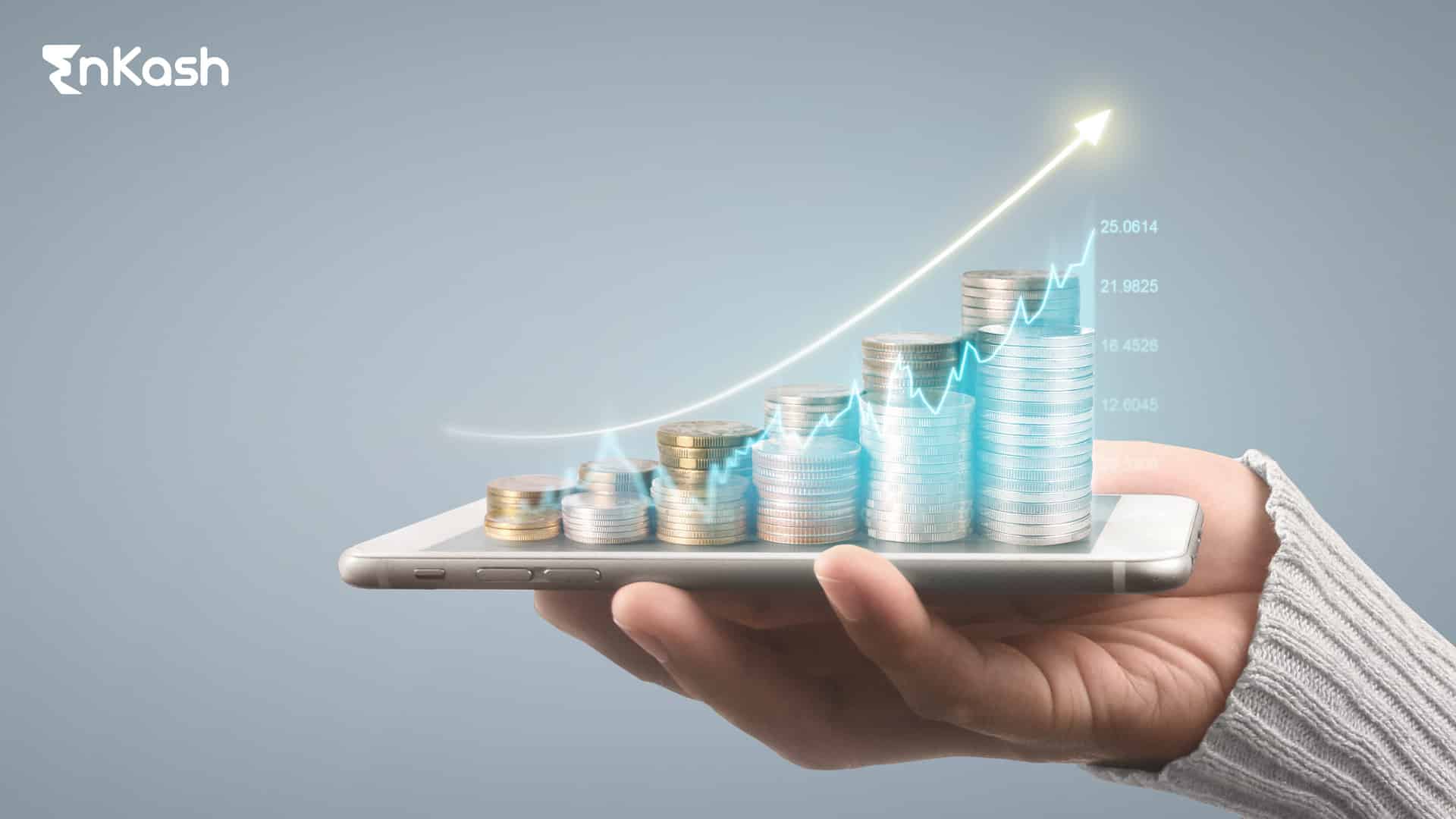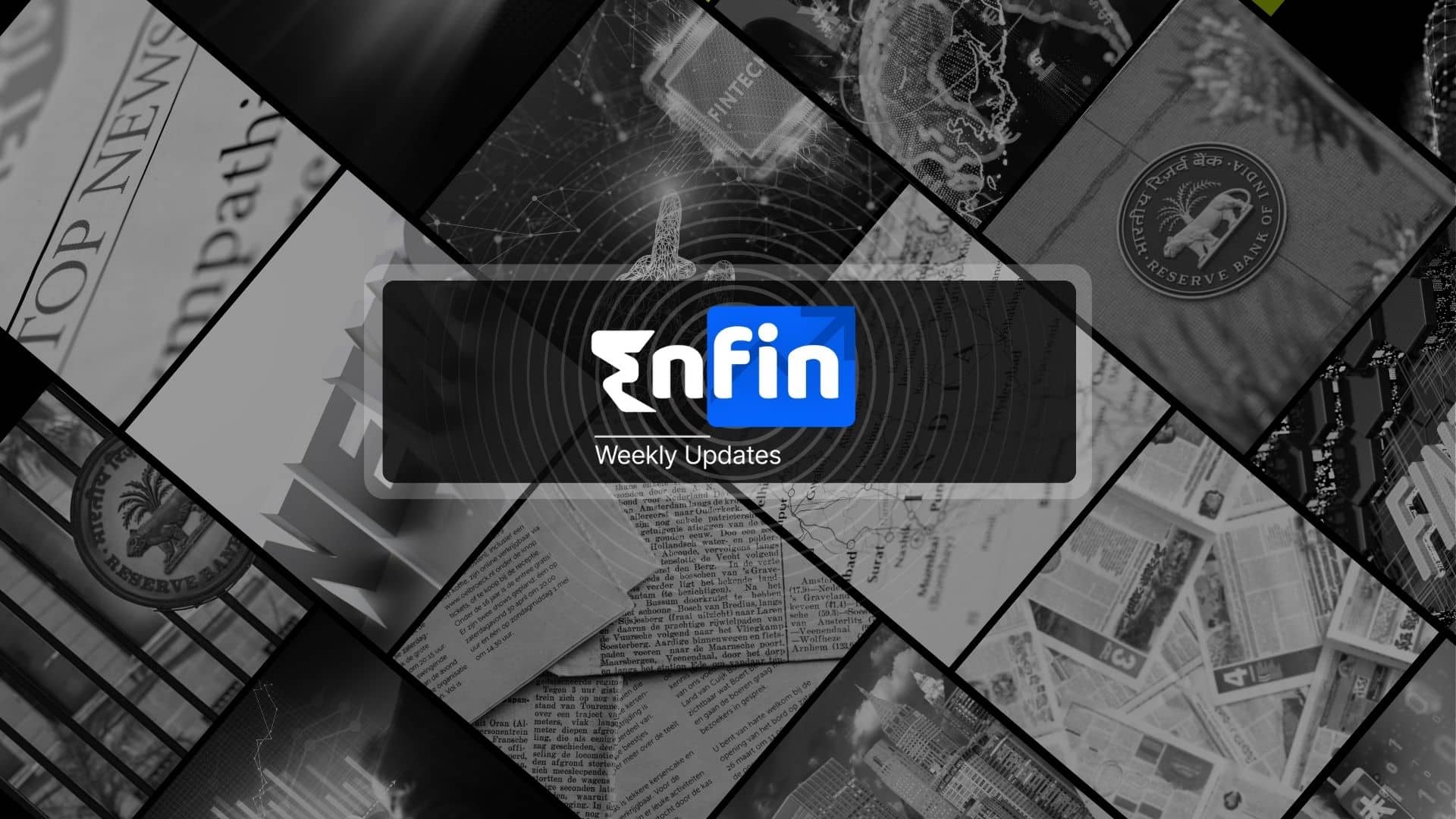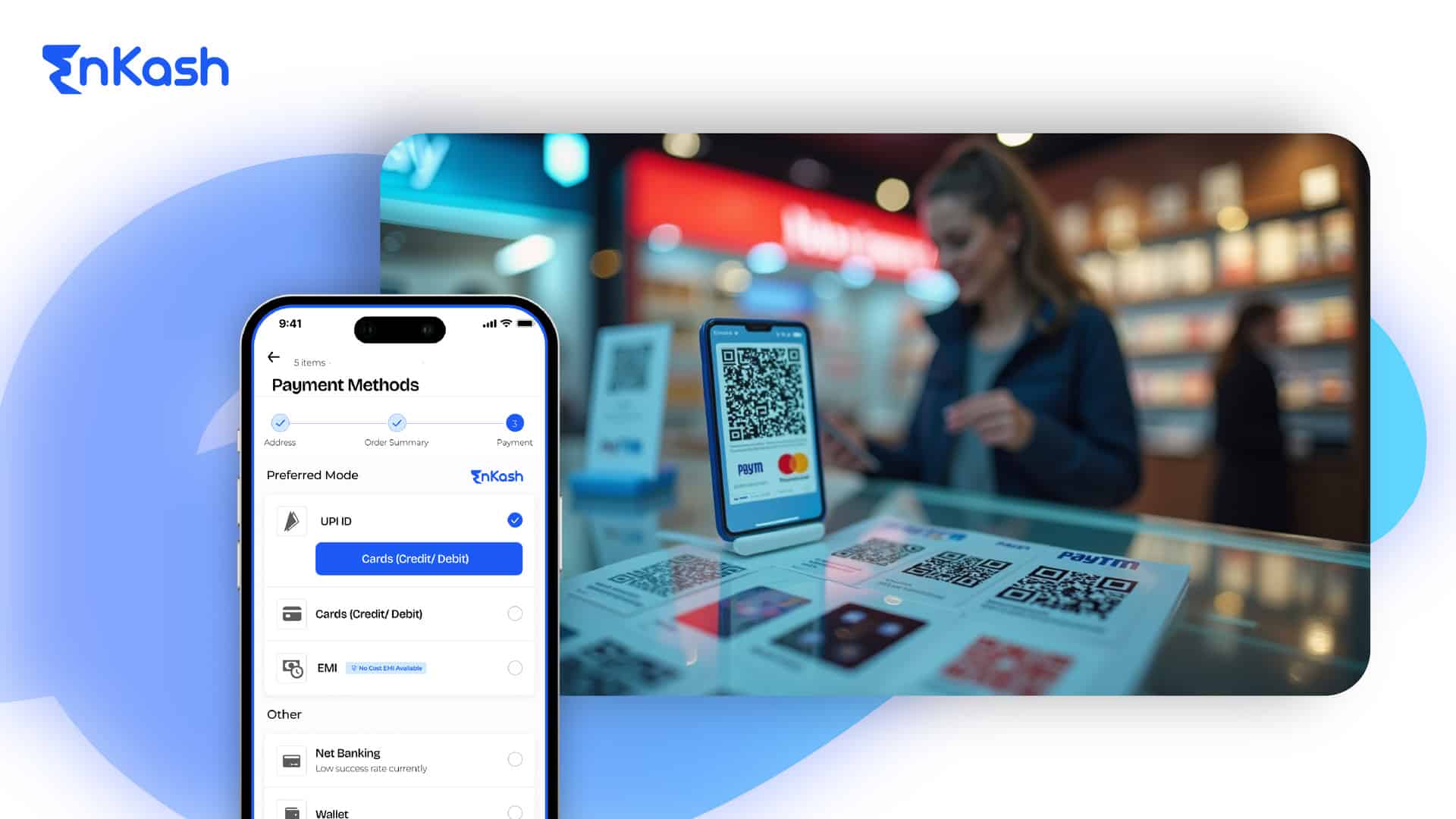Businesses of all sizes are increasingly adopting online transactions to enhance efficiency and meet customer expectations. A merchant payment gateway facilitates direct and secure electronic payment processing for customers. Merchant payment gateways act as bridges connecting the customer, merchant, and financial institution to allow for the simple processing of transactions.
As businesses expand internationally, the need for secure payments has increased, making merchant payment gateways essential for success. Whether directly integrated with a bank or through third-party payment providers, merchant payment gateways offer security, protection against fraud, and varied means of payment. Having a basic understanding of merchant payment gateways will help businesses optimize these gateways in their digital payment processes.
What is Merchant Payment?
A merchant payment is a way through which businesses receive funds from their customers for goods or services. This mechanism, which includes electronic transactions, operates through multiple channels to provide a seamless payment experience for both merchants and customers.
Understanding Merchant Transactions
The merchant transaction means all the processes included whenever a customer pays a business for goods and services. Understanding merchant transaction meaning is essential since it implies various parties working together to ensure smooth processing.
Major parties involved in a merchant transaction include:
- Banks: The bank is central in transferring funds from the customer’s account to the merchant account, acting as an intermediary and ensuring the safe delivery of payments to the appropriate account.
- Payment Processors: These are the organizations that handle all of the technical elements of a merchant transaction. Payment processors serve to authorize the payment requests, validate the transactions, and ensure that the correct amount is deducted from the customer’s account and credited to the merchant. They also provide anti-fraud and security mechanisms, encrypting all sensitive information.
- Financial Institutions: They provide the infrastructure for fund transfers, transaction authorization, and regulatory compliance. They oversee the entire merchant transaction process to prevent fraud, chargebacks, and other issues.
Each merchant transaction follows a systematic process:
- A customer initiates a payment via credit card, debit card, digital wallet, or bank transfer;
- The request for the transaction is then sent to the merchant payment gateway, which securely sends the payment details to the payment processor;
- The payment processor will then reach out to the bank for explicit verification of the transaction details concerning accepting or denying the payment;
- The bank only approves the deduction of funds from the customer’s account and their deposit into a merchant account.
- A confirmation message is sent to both the merchant and the customer, indicating a successful payment.
- This seamless process ensures that businesses receive payments efficiently while customers enjoy a smooth and secure payment experience.
What is a Merchant Payment Gateway?
A merchant payment gateway is a technology solution that enables the secure acceptance of digital payments and the processing of these payments over the Internet. It acts as an intermediary between customers, merchants, and financial institutions, providing a secure transaction mechanism and ensuring fund transfers or payments are done smoothly. In essence, the roles and functions performed by merchant payment systems are:
- Secure Transmission of Data: The gateway encrypts the sensitive data related to payments done by customers, protecting them against fraud and cyber-attacks.
- Authorization of Transactions: It authenticates either the transaction or its approval by querying whether sufficient funds are available to the customer to complete the payment.
- Prevention of Fraud: Most payment gateways also offer a high level of security using features such as fraud detection actively shielding the transaction from fraud, tokenization, and real-time monitoring.
- Support for Multiple Forms of Payment: A merchant payment gateway essentially allows businesses to accept payments via credit cards, debit cards, digital wallets, and bank transfers.
Merchant Payment Gateway – How It Works
- The customer enters his/her payment details on the merchant’s website or app.
- The gateway encrypts the payment information securely and transmits the information to its payment processor.
- The payment processor is now communicating with the customer’s bank to authenticate the transaction.
- The funds will be deducted from the customer’s account and reflected in the merchant’s account upon approval.
- A confirmation is sent to both the merchant and the customer.
How Does a Third-Party Payment Gateway Work?
Definition
A third-party payment gateway acts as an external payment processor for merchants, taking most of the abuse from the market. This means they would not have the headache of accepting payments by working directly with a bank.
Types of Third-Party Payment Gateways:
- PayPal: One of the most widely accepted third-party payment gateways, enabling businesses to receive payments from customers worldwide.
- Stripe: A developer-friendly payment gateway with highly flexible collection APIs that are easy to integrate.
- Razorpay: Very well accepted across India, the gateway can accept all kinds of payments, including UPI, credit/debit cards, and net banking.
How a Third-Party Payment Gateway Works:
- It is initiated when the customer selects a payment method and initiates the transaction.
- The third-party payment gateway transmits the payment request to the bank or payment processor in a secure manner.
- The bank verifies the transaction and confirms whether or not the payment was successful.
- The payment gateway then informs both the merchant and customer of the transaction status.
- Once funds are cleared and processed through the established settlement period, they will be transferred into the merchant account.
Benefits of Using a Third-Party Payment Gateway:
- No Direct Bank Integration Required: Businesses need not set up merchant accounts with banks.
- Enhanced Security Features: Such gateways include fraud detection, encryption, and PCI DSS compliance.
- Worldwide Payment Acceptance: Merchants can acquire payments in various currencies, which extends their market reach.
- Quick and Easy Installation: With a plug-and-play type facility, third-party payment gateways provide an easy method to integrate payments on a business platform.
For businesses looking to have less hassle in streamlining their payment processing, a third-party payment gateway is your time-tested ally.
Payment Gateway Features for Online Merchant Accounts
A payment gateway online merchant account must offer the following specific features that guarantee secure and seamless transactions:
1. Fraud Detection and Prevention
- Utilizing the power of artificial intelligence, most payment gateways employ advanced fraud detection systems focused on identifying any suspicious activity that may happen in any transaction and thus blocking it.
- These include features like CVV verification, address verification, and tokenization.
2. Multi-Currency Payment Processing
- Businesses that operate internationally should have a payment gateway that can accept payments in multiple currencies.
- This helps in global expansion, whereby the customers can pay using their preferred currency.
3. Transaction Processing in Real-Time
- Payment authorization is granted immediately so that no delays occur.
- This offers real-time status updates on transactions, minimizing the chance of payment failure.
4. Chargeback Protection
- Helps businesses out in disputing transactions, thereby reducing money losses.
- Needs to ensure that security checks are implemented to counteract abusive chargebacks.
5. Multiple Payment Options Supported
- Credit/debit cards, net banking, digital wallets, UPI, and EMI options are accepted.
- This allows customers to choose their preferred payment method.
6. Nice Integration with E-Commerce Platforms
- Payment gateways can be integrated into the website, mobile app, and e-commerce platforms like Shopify, WooCommerce, and Magento.
7. Automated Settlements and Payouts
- Ensures faster fund transfers to the merchant account, improving cash flow management.
- Gives merchants the ability to track payments through detailed reports and dashboards.
By making these features available, a payment gateway for online merchant accounts aids businesses in improving payment efficiency and security and enhancing customer experience.
Benefits of Using a Merchant Payment Gateway
Some of the key benefits include:
1. Safe and Encrypted Transactions
- All these merchant payment gateways ensure encrypted transactions to protect sensitive details like card information, bank account numbers, and personal details of customers.
- Security features for prevention from e-threat, fraud, and data breaches include SSL Encryption, Tokenization, and PCI DSS compliance.
- Risk minimization features include multi-factor authentication, transaction monitoring, and fraud detection algorithms embedded in payment gateways.
2. Quick and Effortless Transaction Processing
- Time-consuming clearance gives cash deposits and bank transfer manual transactions an excessively lengthy processing period before final payment. Gateway payments condense transaction time within transactions as all are done in real time.
- Immediate payment confirmations improve cash flow and enhance customer satisfaction by reducing transaction abandonment.
- Such advanced features include auto-reconciliation and instant settlement, which provide businesses with confidence in financial transparency.
3. Easy Integration with E-Commerce Platforms
- It seamlessly integrates with e-commerce platforms like Shopify, WooCommerce, Magento, and BigCommerce, allowing businesses to accept payments without requiring advanced technical expertise.
- A number of payment gateways currently offer ” plug-and-play ” so businesses can start accepting payments in a matter of minutes.
4. Improved Customer Experience
- Customer preference differs in payment method by cards, cash, net banking, ATMs, and, sometimes, EMI options.
- By making payments smooth on the way to completing the purchase, a well-integrated payment gateway would reduce cart abandonment. The customer would find the maximum convenience with features like one-click payments, saved card information, and subscription billing.
5. Multi-System Payment and Global Support
- It would benefit an international business to have a payment gateway that enables multi-currency transactions. People of various nationalities can pay in their own currency and would thus waste less money in terms of conversion fees, maximizing their buying experience.
- Internationally renowned payment gateways adhere to global regulations and banking standards to handle smooth cross-border transactions.
6. Assistance for Chargeback and Dispute Resolution
- Chargebacks and payment disputes cause huge losses to businesses. In fact, these are facilities by which chargeback protection happens to assist businesses in the prevention of fraudulent dispute resolutions in a payment gateway.
- Automated dispute resolution systems allow merchants to provide the necessary documentation to resolve chargeback claims effectively.
- By implementing fraud monitoring tools, businesses can reduce the risk of transaction reversals.
How to Choose the Right Merchant Payment Gateway
Choosing the right merchant payment gateway is vital for smooth transactions, low costs, and secure transactions for customers. Here are some key factors to take into account:
1. Security and Compliance
- Make sure the payment gateway is PCI DSS compliant, which in turn guarantees compliance with global security standards.
- Ensure the payment gateway includes encryption, tokenization, fraud detection, and multi-factor authentication to protect customer data.
- Opt for a provider that keeps updating its security protocols to defend against changing patterns of cyber threats.
2. Transaction Fees and Pricing Structure
Payment gateways have varying charges, including:
- Setup fees (one-time charges for integration)
- Transaction fees (a percentage or flat fee per transaction)
- Withdrawal fees (encumbrances for transferring funds to a bank sector)
- Monthly maintenance fee
- Compare different options to ensure the pricing mode fits your business revenue and transaction volume.
3. Ease of Integration
- Payment gateways should be easily integrated into the existing system, which includes the website, mobile apps, POS systems, and accounting software.
- Search for gateways that offer pre-built APIs, SDKs, and plugins to speed up the integration process.
- Ensure that the gateway supports omnichannel payments if you are operating across multiple platforms.
4. Customer Support and Reliability
- Go for a provider with 24/7 customer support so that technical issues and transaction failures can be resolved almost immediately.
- Assess customer reviews and feedback for reliability in helping and resolving issues.
5. Scalability and Business Growth
- If you envision growing your business, ensure that the payment gateway can handle very high transaction volumes and have global acceptance for payments.
- Watch for other features like subscription billing, automated invoicing, and analytics dashboards that might help in business growth.
Learn more about How to Calculate Payment Gateway Costs for Your Business
EnKash: Revolutionizing Merchant Payment Gateways
In the fast-paced digital economy, businesses need a reliable, secure, and versatile payment gateway to streamline transactions. EnKash’s payment gateway is designed to power seamless payments, offering a robust suite of features that cater to businesses of all sizes. From accepting multiple payment methods to providing advanced security and intuitive dashboards, EnKash ensures that businesses stay ahead in the fintech landscape.
Main Features of EnKash’s Payment Gateway
1. Accept Payments Anytime, Anywhere
EnKash allows businesses to offer multiple payment options, giving customers flexibility in how they pay.
- Credit & Debit Cards: Accept payments via Visa, Mastercard, Rupay, Amex, and Diners Club, covering both domestic and international transactions.
- UPI (Unified Payments Interface): Leverage India’s leading real-time payment system for instant transactions.
- Net Banking: Seamlessly integrates with 50+ major banks for quick and secure online banking payments.
- Digital Wallets: Enable fast checkouts by accepting payments from popular digital wallets.
- EMI & PayLater Options: Improve conversions by offering no-cost EMI and Buy Now, Pay Later (BNPL) solutions.
2. Developer-First Integration
Designed for flexibility, EnKash’s gateway comes with powerful tools that make integration a breeze.
- Comprehensive SDKs & APIs: Seamlessly integrate with developer-friendly APIs for Python, Java, PHP, and more.
- Pre-built Plugins: Simplify setup with ready-to-use plugins for platforms like Shopify, WooCommerce, and Magento.
- Detailed API Documentation: Access step-by-step guides for a frictionless onboarding experience.
- Sandbox Testing: Test and optimize your integration in a secure environment before going live.
3. Enterprise-Grade Security
EnKash ensures every transaction is secure and compliant with industry standards.
- PCI DSS Compliance: Protect customer payment data with stringent security protocols.
- End-to-End Encryption: Prevent fraud and data breaches with advanced encryption methods.
- Tokenization: Replace sensitive card details with secure tokens for enhanced privacy.
- Continuous Monitoring: Stay protected with real-time threat detection and third-party security audits.
4. Advanced Checkout & Global Card Saving
A seamless checkout experience is crucial for higher conversions, and EnKash delivers just that.
- Frictionless Checkout: Provide an intuitive, distraction-free checkout process.
- Saved Cards Across Businesses: Let customers save their card details securely for quicker repeat purchases.
- Global Card Saving: Enable international customers to store card details while staying compliant with security standards.
- Personalized Payment Options: Display payment methods tailored to customer behavior for faster decision-making.
5. Powerful Business Dashboards
Gain real-time insights and manage transactions efficiently with EnKash’s smart dashboards.
- Financial Overview: Monitor transactions across daily, weekly, and monthly timelines.
- Transaction History Insights: Access detailed payment records, including order statuses, refunds, and settlements.
- Settlement Reconciliation: Get a transparent view of transactions, reversals, refunds, and disputes.
- User-Friendly Interface: Easily manage API keys, webhooks, invoices, and payment processing—all from one centralized dashboard.
Check out how EnKash Payment Gateway transforms payment collection
Conclusion
Merchant payment gateways are essential for businesses to process transactions securely, seamlessly, and efficiently. EnKash offers advanced security features, multiple payment modes, and regulatory compliance, simplifying payments for businesses. Using such a payment gateway will enhance customer experience, increase financial management, and reduce failed transactions in business. EnKash offers a giant solution in terms of all-in-one solutions for bulk payments and RBI-approved measures of security, thus making it a partner that modern industries consider an invaluable asset. It helps to maintain the competitive edge in running the business and keep revenue higher and smooth financial operation in the new age of the digital economy.







